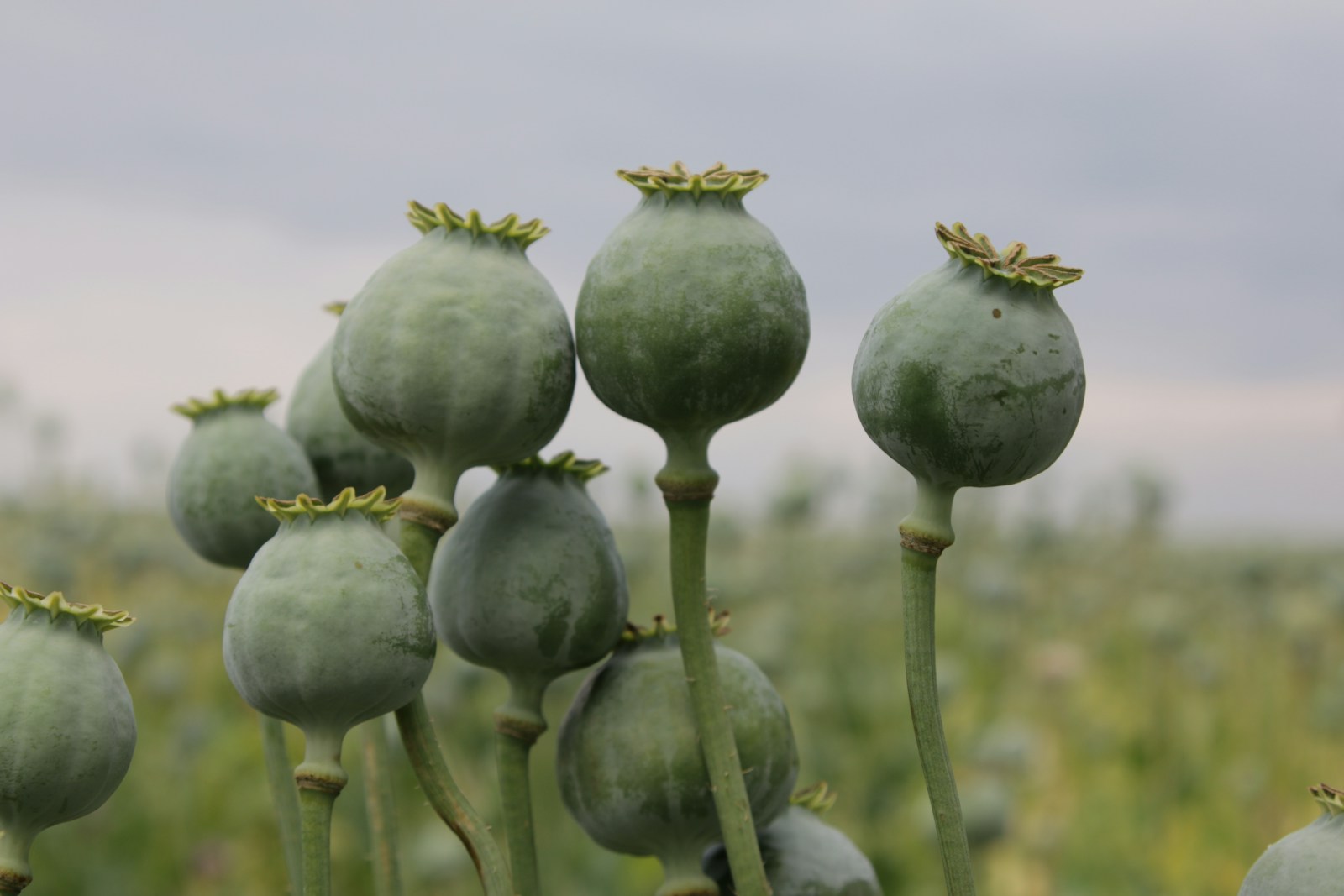Legislative Action Proposed to Stop Distribution of Contaminated Poppy Seeds
Unsuspecting chefs, bakers, and health enthusiasts are facing an unexpected predicament: poppy seeds. Yes, those tiny black dots often found on bagels or in pastries. But these innocent looking seeds could be causing far more harm than you think.
Origins of Poppy Seeds
Poppy seeds come from the same plant that produces opioids—morphine and codeine. But in that very fact lies the problem. When harvested and processed, these seeds can unwittingly gather a coat of opium fluid. This means common everyday items can indeed make you test positive for codeine. And surprisingly, it’s not a myth—it’s a proven fact.
Impacts on Public Health
While the occasional poppy-seed-stuffed lemon bread or everything bagel is unlikely to harm you, consuming these seeds in large quantities can be a serious risk. Sipping tea made from unwashed seeds, or unwittingly indulging in a salad loaded with poppy seed dressing can have dire consequences.
In fact, the situation has become so severe that mothers have been separated from their newborns due to failing drug tests after consuming food items laced with these seeds. There have also been instances of people developing opioid addictions from using poppy seed tea for supposed health benefits.
Calls for Regulatory Changes
Concerned lawmakers are stepping in, proposing bills to ban the sale of contaminated poppy seeds and help prevent addiction and deaths. However, these efforts have not managed to gain much traction yet.
Meanwhile, watchdog group Centre for Science in the Public Interest (CSPI) took it upon themselves to challenge the Food and Drug Administration (FDA). In 2021, they called upon the agency to limit the opiate content in poppy seeds. When the FDA remained mum, CSPI sued them, which did prompt a response eventually. The FDA is now obligated to address the group’s petition by February 2025.
Real-Life Cases Highlight the Need for Action
The stories of those affected underscore the urgency of this issue. Steve Hacala lost his young son after he drank poppy seed tea in an attempt to relieve anxiety and insomnia. The medical examiner declared the young man’s death as a result of morphine poisoning from commercially available poppy seeds.
Jamie Silakowski, a mother who innocently consumed lemon poppy seed bread from a fast-food chain, was separated from her baby at the hospital due to a positive opioid test. The ordeal was traumatic and humiliating, with child protective services visiting her home and questioning her other children and their schoolteachers.
A Word of Caution
Doctors acknowledge that it’s highly unlikely for a normal intake of washed poppy seeds in food items to trigger positive drug tests. However, consuming large quantities of unwashed seeds, such as in tea form, could potentially lead to overdose and addiction, especially if used together with other opioids or drugs.
What the Future Holds
The poppy seed predicament is a complex issue. It requires legislative action, rigorous quality checks, and increased awareness. The Food and Drug Administration and lawmakers have a crucial role to play in addressing this situation before it spirals out of control, causing more harm to people unknowingly consuming these seeds.
In the meantime, let this be a cautionary tale: the seemingly innocent poppy seed may not be as harmless as it appears.
